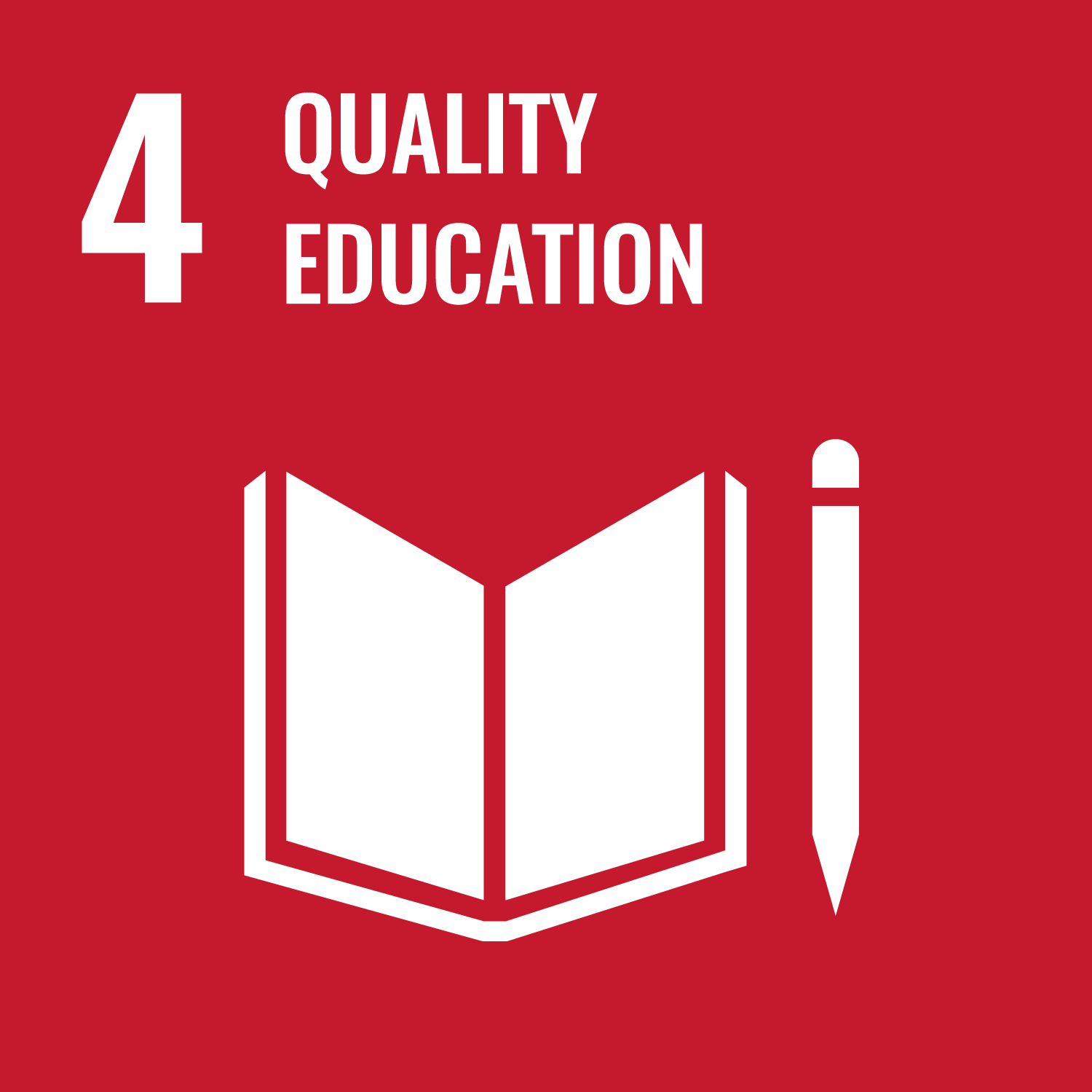SDG Detail
EDSX8301 - Inclusive and Special Education
NoneProject description
In this unit teacher education students will be supported to critically engage with, reflect on, and apply to practice fundamental considerations for ensuring high quality and equitable educational opportunities for all learners. Teacher education students will be provided with opportunities to develop advanced understandings of key issues related to inclusive and special education in contemporary education contexts. Acknowledging and valuing the full range of human diversity, teacher education students will develop and apply advanced knowledge and skills to providing high quality education to all learners. There is a focus on complex and sometimes conflicting theoretical perspectives. The pervasive influence of social constructions of disability and issues of ableism and disablism will be addressed. Relevant legislation, policy, and practice will be examined. Teacher education students will critically analyse barriers to equity in education for students with disability. A range of research-informed pedagogical approaches will be explored and evaluated. Family perspectives; understanding diverse learners; collaboration; establishing an inclusive classroom environment; and designing inclusive curriculum and teaching practices including engaging with universal design for learning and quality differentiated practices will be considered.
Project aims
?
Project outcome
1. Demonstrate advanced understandings of key issues related to inclusive and special education in contemporary education contexts, including critical analysis of barriers to equity in education for students with disability. 2. Develop a clear understanding of ethical, legislative and policy responsibilities of teachers as related to educational provision for learners across the full range of human diversities. 3. Identify and critically evaluate complex and conflicting theoretical perspectives and demonstrate a developed understanding of social constructions of disability and the pervasive nature of ableism and disablism in educational contexts. 4. Demonstrate research-informed knowledge of the importance of collaboration, including consideration of family perspectives and school-family-community relations. 5. Develop and apply research-informed knowledge of a range of approaches to designing curriculum, pedagogy, assessment and environments that cater for all students in diverse classrooms, including engaging with universal design for learning and quality differentiated practices, and evaluating processes for identifying specific learning needs. 6. Apply research-informed knowledge and understanding of approaches to responding to complex behaviour. 7. Demonstrate understanding of key factors involved in establishing an inclusive classroom culture and environment from the perspective of transforming schools in order to improve educational and community outcomes.
Related SDGs
The corresponding sustainable development goals correlated with this project. You you click the icon to link to SDG category description page.









